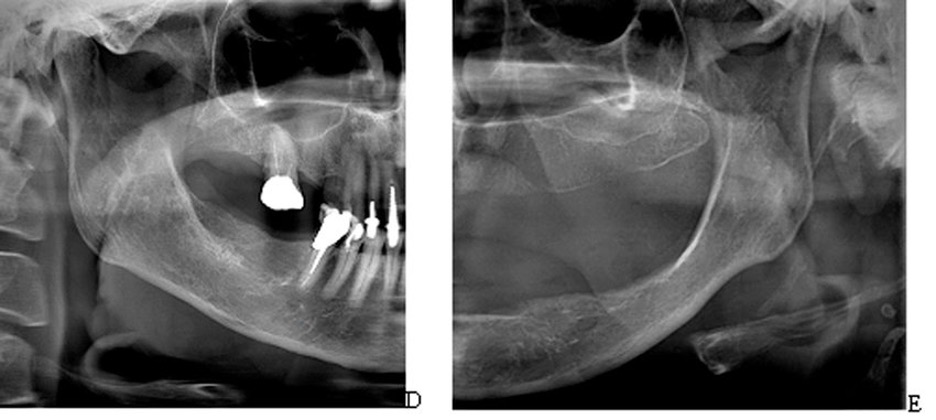Osteoporosis is a serious problem in The Bahamas.
The word osteoporosis means “porous bones”. The condition occurs when the bones lose calcium and minerals, causing them to become weak and brittle. Bone is a living tissue that is constantly changing, yet when the creation of the new bone doesn’t keep pace with the removal of old bone, osteoporosis occurs. As a result, people are more pruned to bone fractures, even while doing everyday simple tasks.
In this issue, we will discuss the frustrating challenges with osteoporosis and its dental complications.
The quality of our bone affects all parts of our bodies, not just our spines and hips. It also affects the jaw bone. In this way, osteoporosis has an immediate connection to early tooth loss.
According to the National Institute of Health, women with osteoporosis are three times more likely to experience tooth loss than those without the bone disease.
Osteoporosis is a major public health threat for about 44 million Americans, or for more than half of those 50 years and older. In The Bahamas, it is believed that more than 60 thousand people have osteoporosis or are at risk.
Management of osteoporosis with medications like bisphosphonates adds to the bone complications. These medications can have serious side effects and severe dental complications. The most serious of the side effect is a condition called Osteonecrosis of the jaws (ONJ). Osteonecrosis is a condition where there is no blood flow to the area of the bone creating a rotting of the bone. Osteonecrosis can occur spontaneously or can be associated with tooth extractions and/or a local infection. Because of some medications; like Fosamax, Actonel and Boniva, the unfortunate effect is delayed bone healing. This delayed healing causes jaw infection, pain and bone rotting. The bone just doesn’t heal well. This is because the decaying bone cannot receive adequate blood supply to remain nourished and replenished.
These medications work by blocking the mechanism to remodel bone. You see, bone is a living structure and the old bone must be removed by cells called osteoclasts. If osteoclasts stop working, then the old bone remains and new bone keeps forming. Since this mechanism affects the blood supply to the old bone, major infections could be the result.
What is the best treatment for Osteoporosis?
If you have osteoporosis, there is even more reason for you to remain diligent on good oral hygiene habits. Dentists recommend that you floss once a day and brush twice a day for two minutes each time. Undoubtedly, keeping a clean mouth greatly diminishes the chance for dental problems; including the loss of teeth. One of the best ways to reduce the risk for osteoporosis is by maintaining a well-balanced diet rich in calcium and vitamin D; which helps the body absorb calcium. As we age, we need more of these important vitamins. Eating fresh vegetables, as well as eggs, plain yogurt and beans are alkalizing. Also, exercise play a pivotal role in preventing and treating osteoporosis. If you’ve been diagnosed, start a regular workout routine with resistance training to reduce the risk of bone loss. To ensure the benefits of your workout, talk to your doctor.
As you can see, Osteoporosis is a problem as well as medications prescribed to treat it.
My best advice is to do as much as we can without medication. Sometimes, if you change your habits, the problem may resolve itself. Eat well, exercise, seek wise counsel and practice good dental hygiene. You just need to start now.
Dr. Kendal V. O. Major is Founder and CEO of Center for Specialized Dentistry which is a comprehensive family dental practice operating in Nassau and Freeport. He is the first Bahamian Specialist in gum diseases and dental implants since 1989. He also is a certified Fastbraces provider. His practice is located at 89 Collins Avenue, Nassau at (242)325-5165 or [email protected].

Osteoporosis of the Lower Right jaw. Bone has become brittle and subject to fracture and early tooth loss.

Biphosphonate related Osteonecrosis. Jaw is literally rotting away.





